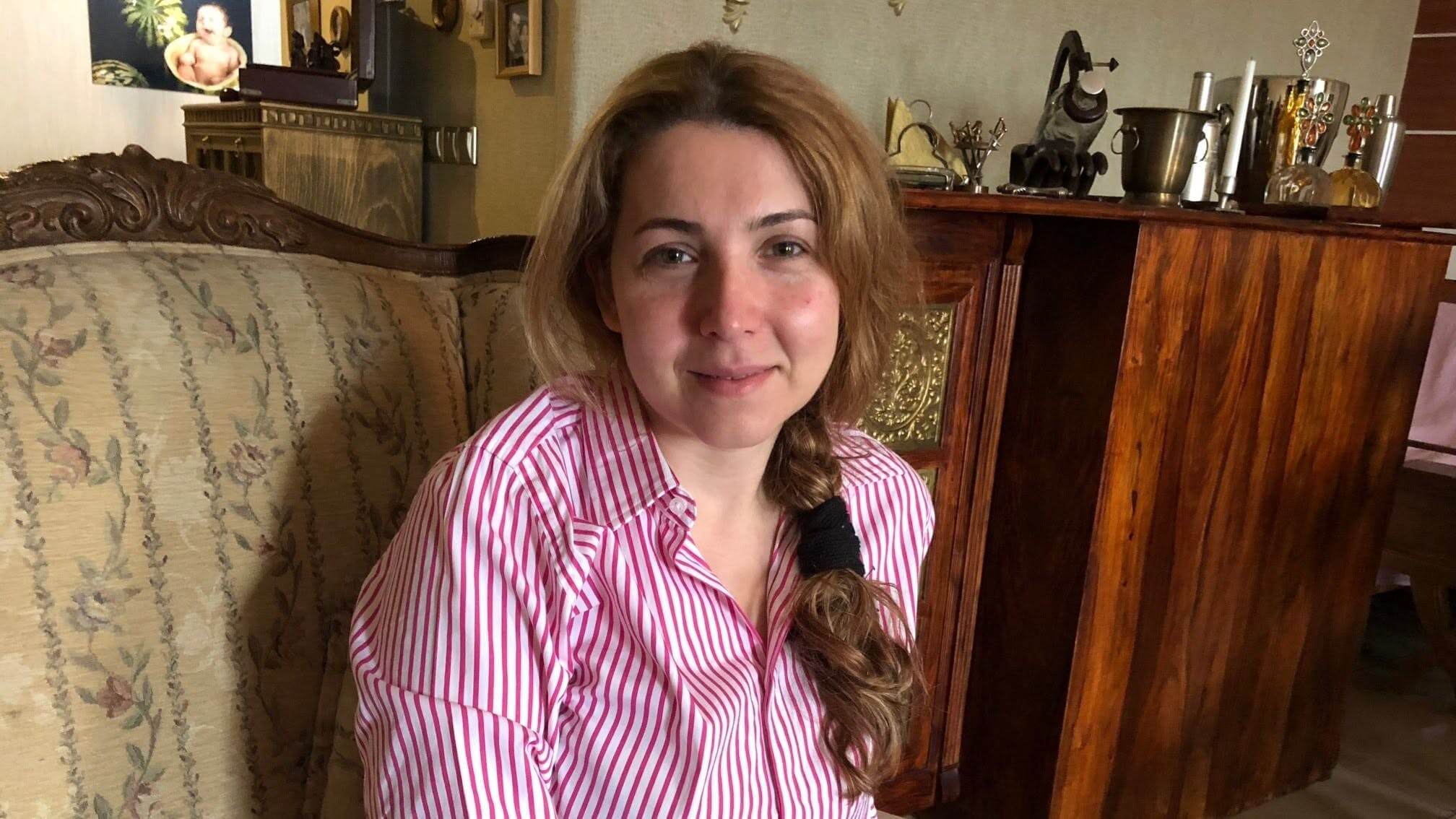NEW YORK (July 19, 2018) — Today, the Human Rights Foundation (HRF) submitted an individual complaint to the United Nations Working Group on Arbitrary Detention (UNWGAD) requesting that it launch a formal investigation into the arbitrary imprisonment and wrongful conviction of Iranian women’s rights activist Shaparak Shajarizadeh. On February 20, 2018, police forces arrested Shajarizadeh after she took off her headscarf and waved it on a stick while standing unveiled on a traffic island in Tehran protesting Iran’s compulsory hijab laws. Last week, she was sentenced to two years in prison and 18 years of probation.
“HRF believes that Ms. Shajarizadeh’s deprivation of liberty was a direct result of her peaceful activism against Iran’s compulsory hijab laws, and thus contrary to international law,” said Roberto González, international legal associate at HRF. “We urge the UNWGAD to issue an opinion declaring that, by arbitrarily imprisoning Shajarizadeh, Iran has breached articles 19 and 20(1) of the Universal Declaration of Human Rights, and articles 19, 21, and 22 of the International Covenant on Civil and Political Rights.”
Since December 2017, an anti-compulsory hijab movement has emerged in Iran. Images of women waving their headscarves on sticks on top of telecommunication boxes have gained worldwide attention as Iranian citizens have been sharing photos and videos of these peaceful demonstrations on social media platforms. Shaparak Shajarizadeh, a 43-year-old mother from Tehran, is an active member of this movement.
Shajarizadeh was arrested by Tehran’s Gasht-e Kalantari police forces on February 20, 2018 without being presented with an arrest warrant. She was taken to the Security Police — Police Amniyat — at Tehran’s Vozara Detention Center where she was forcibly injected with an unidentified substance, denied access to her attorney, and prevented from contacting her family. She was also subjected to extensive interrogations and beatings for refusing to confirm the interrogator’s accusations that she was a “Western spy,” and declining to sign a confession. Shajarizadeh was subsequently convicted under articles 638 and 639 of Iran’s Islamic Penal Code for “violating compulsory veil laws” and “inciting corruption and prostitution.” On July 8, Shajarizadeh was sentenced by Tehran’s Court to two years in prison and 18 years of probation.
This individual complaint is submitted as part of HRF’s impact litigation project. Since 2017, HRF has submitted numerous petitions in defense of dissidents who had been arrested in countries like Cuba, Turkmenistan, and Zimbabwe. The petitions have led to decisions by the UNWGAD declaring their arrests arbitrary and calling for compensation under international law.
The Human Rights Foundation (HRF) is a nonpartisan nonprofit organization that promotes and protects human rights globally, with a focus on closed societies.
Read HRF’s full submission to the UNWGAD here.
For press inquiries, please contact media@humanrightsfdn.wpengine.com.
